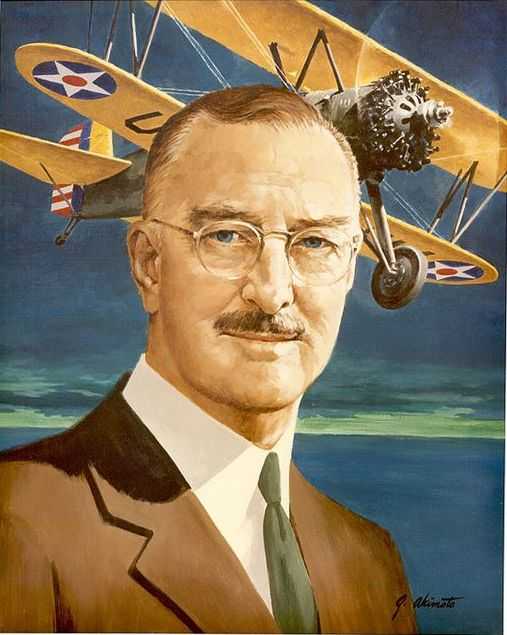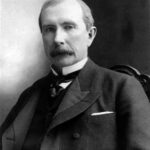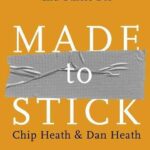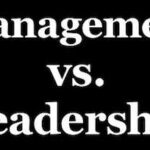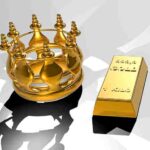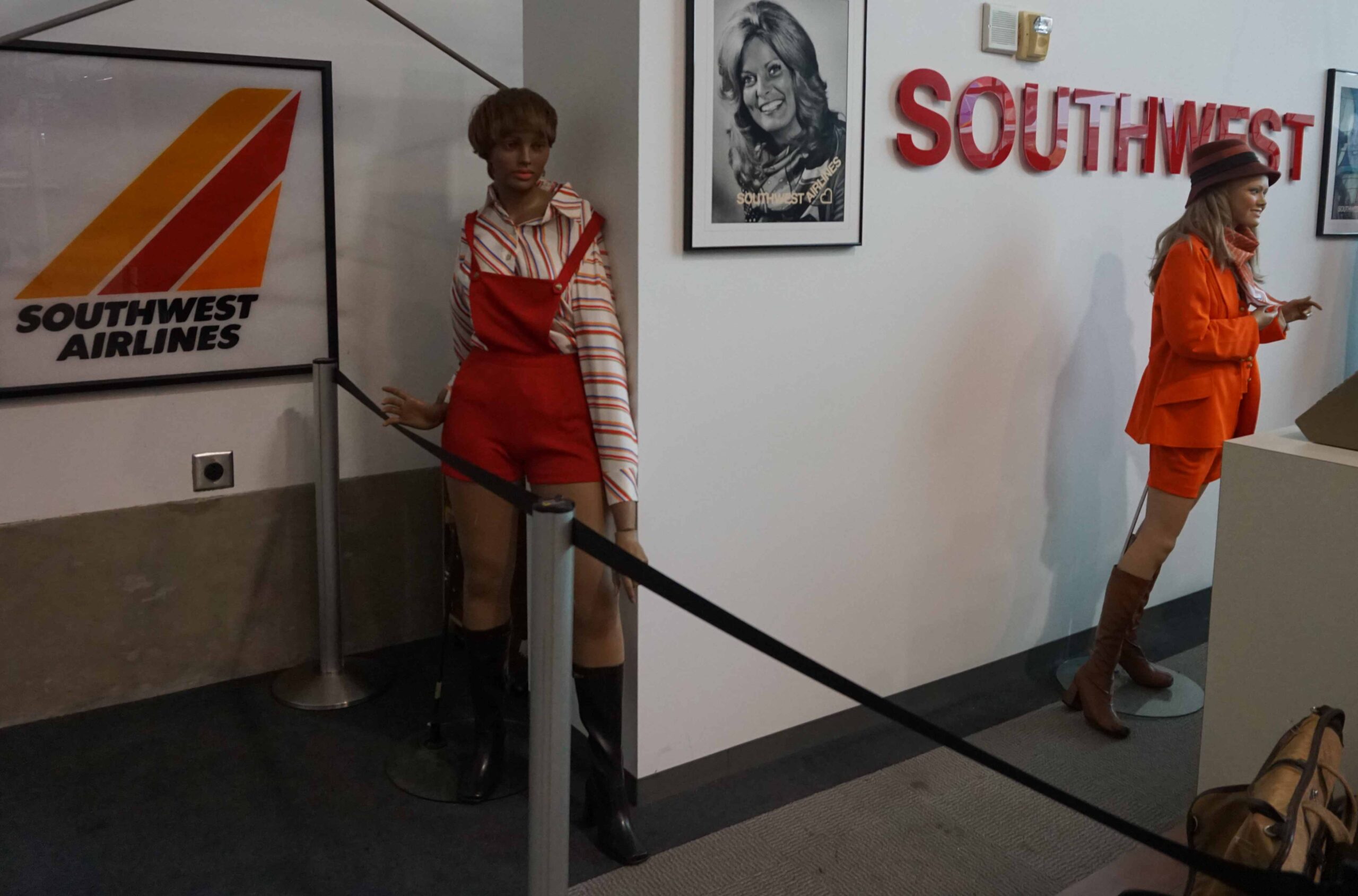Basing business decisions on science and facts should be paramount to any entrepreneur. No one epitomizes this philosophy more the William Boeing.
William Boeing was born into a family-owned lumber business. However, he attended an air show in 1910 and he knew aviation would bring a sea-change to the transportation industry.
As an engineer, he believed that engineering as a science should be at the core of a company’s success. Since early airplanes used wood framing and fabric for their skins, his family lumber business was in a good position to build planes.
After seeing one of the first boxy hydroplanes, he knew he could design a much better plane. Needing a place to test his designs, he paid for the construction of a newly invented wind tunnel to be built at the University of Washington campus. In exchange for the new wind tunnel, Boeing requested that the university develop a curriculum in the new field of aeronautics so they would turn out engineers for his business.
William believed that decisions should be based strictly on fact and not opinions. In fact, a placard on the wall of his outer office read:
1. There is no authority except facts.
2. Facts are obtained by accurate observation.
3. Deductions are to be made only from facts.
4. Experience has proved the truth of these rules.
If the facts said something could be done, then he refused to listen to so-called experts that said otherwise.
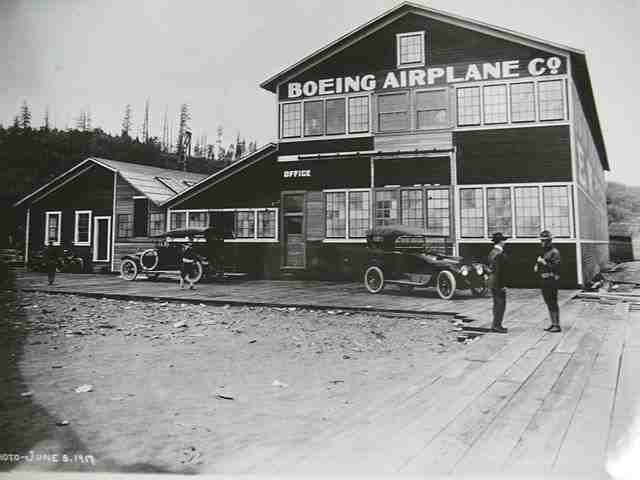
For example, Boeing went on to build seaplanes for the Navy during WWI. However, once WWI ended, the market for planes significantly decreased and many experts recommended that Boeing close his aviation business, saying that aviation would be nothing more than an expensive joyride. Boeing did not take these experts’ advice since his data proved otherwise.
He even used his own personal wealth to keep engineering new planes. To keep the company afloat during this tenuous time, he used the lumber he might have used to build airplanes to instead build furniture.
After a few years, the United States Postal Service (USPS) was looking for bids to carry mail by air. Boeing examined ways to profitably carry mail for the USPS. His data showed he could make a profit on the Chicago to San Francisco route.
Boeing’s bid was two-thirds the rate of the other bids. Experts said airmail was just too costly to be profitable. Even the USPS doubted his bid and required Boeing to post a bond to get the contract.
What the competitors didn’t account for was the weight of the plane. Boeing knew he could build a lighter airplane by using an air-cooled engine rather than the traditional water-cooled engine. The decision proved to be very successful and profitable for Boeing.
William Boeing never accepted “it can’t be done” and instead said, “keep researching and experimenting to lick what appear to be insurmountable difficulties.”
Do you take no for an answer or do continue to conduct research to gather the facts to find a solution that so-called experts say can’t be done?
Click the link to read other inspirational stories with valuable business lessons

